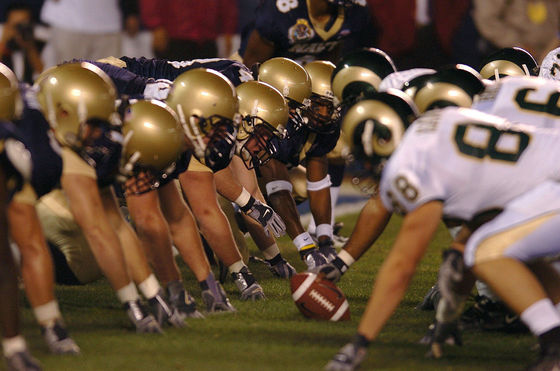Lack of sleep and stress can lead to concussion

It was found that more than 50% of athletes suffer from
Factors Associated with Symptom Reporting in US Service Academy Cadets and NCAA Student Athletes without Concussion: Findings from the CARE Consortium | SpringerLink
https://link.springer.com/article/10.1007/s40279-020-01415-4
Lack of sleep, stress can lead to symptoms resembling concussion
https://news.osu.edu/lack-of-sleep-stress-can-lead-to-symptoms-resembling-concussion/
Jaclyn Cacceses' research team at The Ohio State University has done a look at international standards to see if the symptoms of subjects who haven't had a recent concussion correspond to post-concussion syndrome. The research team will use 12,039 officer candidates (75.8% for men and 24.2% for women) and 18,548 student athletes (54.9% for men and 45.1% for women) as subjects for the causes of death and diseases set by the World Health Organization. Based on the 10th edition of the international standard ' International Statistical Classification of Diseases and Related Health Problems (ICD) ', the symptoms of the subjects were compared with those of post-cerebral cervical syndrome.
Post-cerebral apoplexy syndrome is a condition in which the symptoms of cerebral apoplexy continue for nearly a month. Physical symptoms such as headache, dizziness, and photosensitivity, cognitive symptoms such as decreased concentration, emotional symptoms such as irritability, and insomnia. It is said that various symptoms such as sleep disorders such as hypersomnia and hypersomnia are applicable. In this survey, 17.8% of males and 27.6% of females were cadets, and 11.4% of males and 20.0% of females were student athletes with one or more ICD-defined post-concussion syndrome symptoms. Was holding.

The most common of these symptoms were fatigue and sleep disorders. According to the survey, sleep disorders are caused by lack of sleep just before the test, and medical history such as migraine, depression, lack of attention and hyperactivity (ADHD) may also cause symptoms corresponding to postconcussion syndrome. That thing.
Katjes has a high probability that certain symptoms such as dizziness, pressure on the head, and hypersensitivity to light and noise are associated with concussion, while symptoms such as fatigue, drowsiness, and headaches come from a variety of causes. Pointed out that it is possible. 'We don't know why the symptoms of concussion persist and need a better understanding,' he said. 'The results show that we can identify the most relevant symptoms of concussion. It is hoped for. '
Related Posts:
in Science, Posted by darkhorse_log







